
INSIDE KENYA
14-11-2020 by Freddie del Curatolo
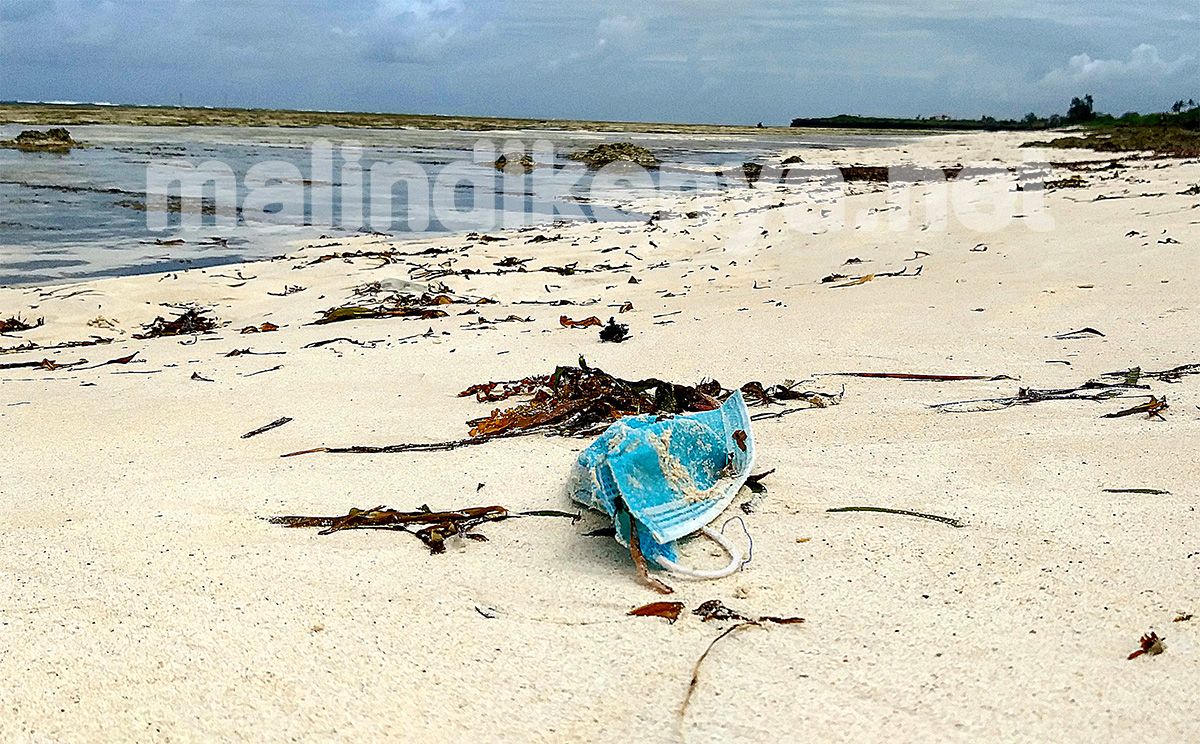
Beyond the cold numbers, which in a place that is never glacial and full of hellish situations like Kenya appear even further from reality, the pandemic in Kenya exists.
You can see it in public hospitals, in the use of resources that have always been minimal such as oxygen, in the demand for ventilator support and in the endemic shortage of personnel, to which is added the defection of infected health workers (to date more than 1200 active cases). But you can also see it in private facilities, whose intensive care and high dependency departments, although expanded and readapted in record time, have been overcrowded for months.
Some have long waiting lists, so much so that Nairobi Hospital, after having reached an agreement to build a new hospital next to its facilities dedicated to emergencies such as the pandemic, as part of a collaboration with the Government and the United Nations, in just ninety days already has services and beds available for its employees stationed in Kenya.
In this not dramatic but not even tempting picture, in which even the virus seems to have adapted to the slow and bland local trend but at the same time is putting down roots that are anything but auspicious, fatalism and distance from reality, which belong to a large part of the Kenyan population, are inserted.
The litmus test that highlights the passage from danger to general awareness, through the problems of all time (poverty, lack of hygiene, hostile or problematic habitats) is the almost zero use of the mask in the country.
Apart from the capital Nairobi and large cities, especially near public offices and police stations, in other areas and in rural areas almost nobody wears the mask and social distances are not respected.
We mentioned fatalism, one of the topics touched on by President Kenyatta in his recent speech to the nation. Uhuru knows his people well and in his words, which imagine a better future for the country, he continues to urge the new generations not to get lost in sloth and what he calls "poverty of dignity".
In today's world, populated by more minimal than "maximi" leaders or undecided democracies in the pay of the economy, it is normal and even makes sense for a Head of State to say to his people "help me help you".
The man in the street (who here is often a man or woman from the slum, the sheet metal shack and the mud hut) asks for free masks because he has no money to buy them and in the meantime he gets infected, so much so that the poor people are asymptomatic because they have never had the money to cultivate diabetes or other diseases of well-being. Because you will always know the reason of a rich man's departure, of a nobody ever.
Malaria, Tbc, various infections. The mask for these diseases has never been needed, maybe clean water, electricity instead of paraffin lamps that in closed environments bring asthma and other respiratory diseases that are still one of the most important causes of death of children.
But now there is an emergency that belongs to everyone.
Health Minister Mutahi Kagwe responds to the man in the street who has to adapt to the times and needs: "Even walking around in clothes is mandatory and costs money," he says publicly, "but that's not why you walk around naked and ask the government to buy you t-shirts and trousers.
Also because not only the state and counties have distributed masks to the needy, but also food and disinfectants during the first months of lockdown. But if those who don't wear it and take a latest generation smartphone out of their pockets or stop at the bar before going home for a 200 shilling beer, when the mask costs them 20 shillings and if you treat it well you can use it even for two days, it means that the priorities are different.
In fact, the health directors of public facilities are united in declaring that Kenyans are afraid to swab even when they experience the symptoms of Covid-19. They keep coughing, fever, loss of sense of smell and taste so they don't have to go through the public health press, risk quarantine, stopping work and isolation from loved ones. It is better to risk dying without knowing whether the cause was the virus of 2020 or a neglected malaria of 2016. Usually, after you have croaked, the reason no longer matters. Like many people today, the reason why you live, especially in a community.
PREVENTION
by Leni Frau
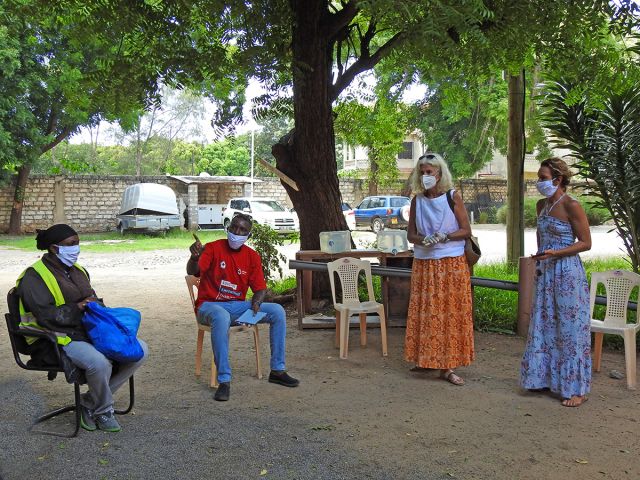
One category at a time, to raise awareness and provide tools for prevention.
These...
EMERGENCY
by Freddie del Curatolo
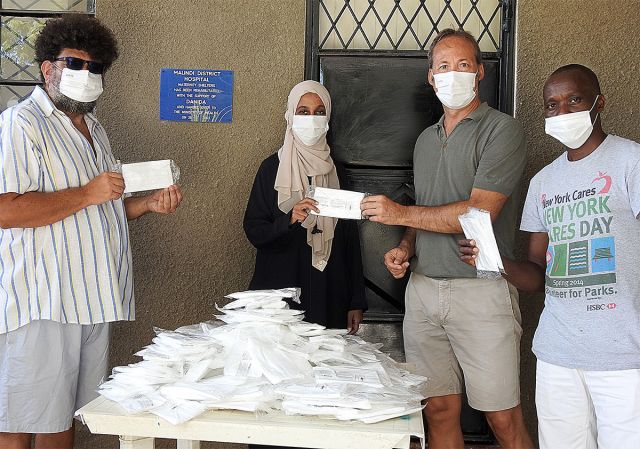
An important gesture of our compatriots makes the work of the doctors of the General Hospital of ...
INITIATIVES
by Freddie del Curatolo
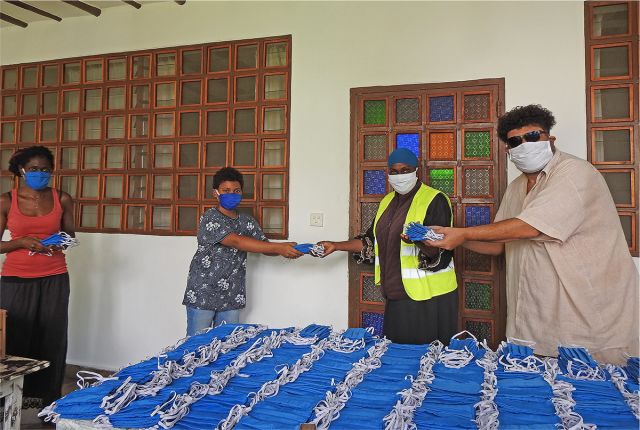
Masks for all certified boda boda in and around Malindi.
The...
PREVENTION
by Leni Frau
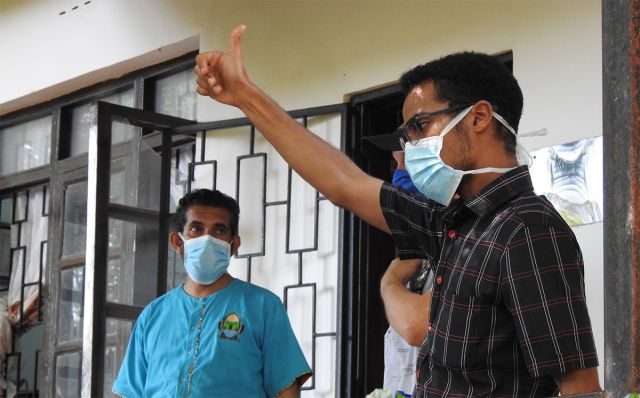
Following Kenya's President Uhuru Kenyatta's announcement of the 21-day closure of the three coastal counties...
EMERGENCY
by Freddie del Curatolo
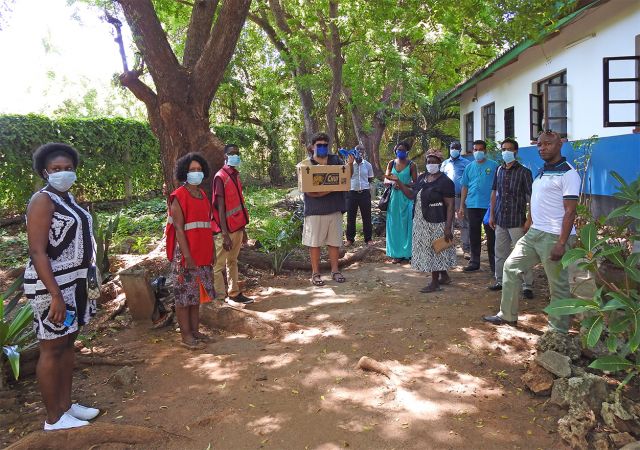
COVID-19 RULES
by redazione
Click on the attached file to download and read the protocol of the Ministry of Tourism of Kenya for...
SOLIDARIETA'
by Freddie del Curatolo
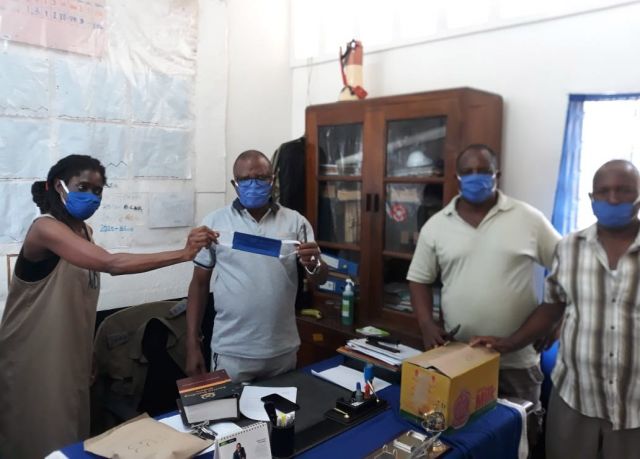
It takes heart, intelligence, practical sense and community.
To...
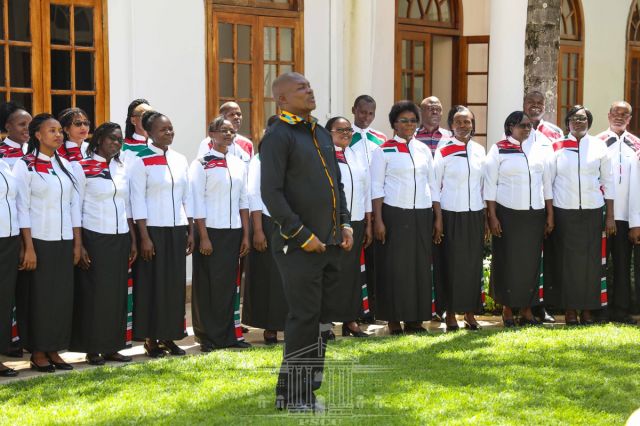
"Wash your hands and disinfect yourselves, avoid crowds and respect social distance, walk alone and don't shake ...
EMERGENCY
by redazione
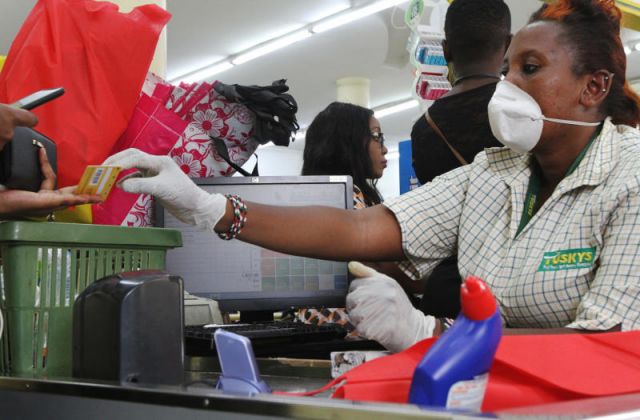
Mandatory masks at the entrance to supermarkets in Kenya.
As always...
CORONAVIRUS
by redazione
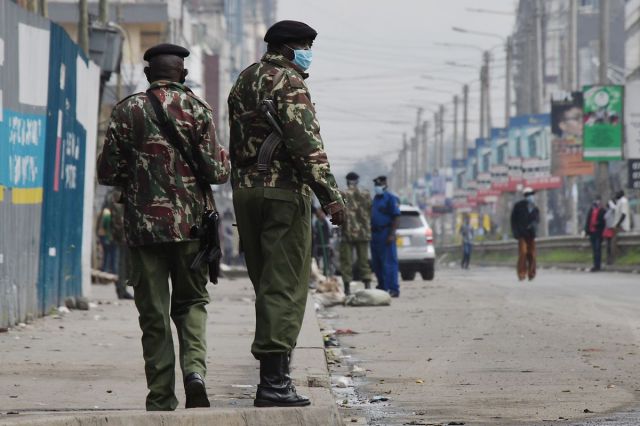
Percentages and deaths do not fall and the Kenyan government has decided to use...
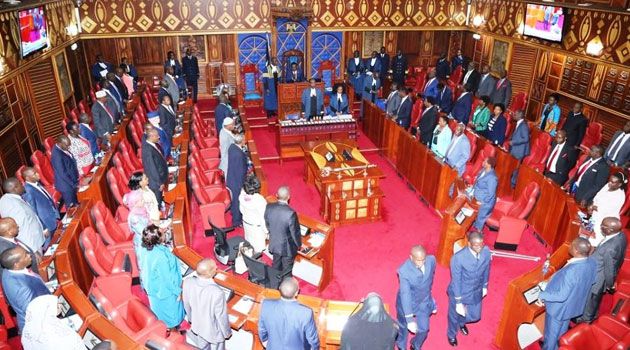
While the Kenyan Ministry of Health is committed to rejecting the accusations of ...
NEWS
by Freddie del Curatolo
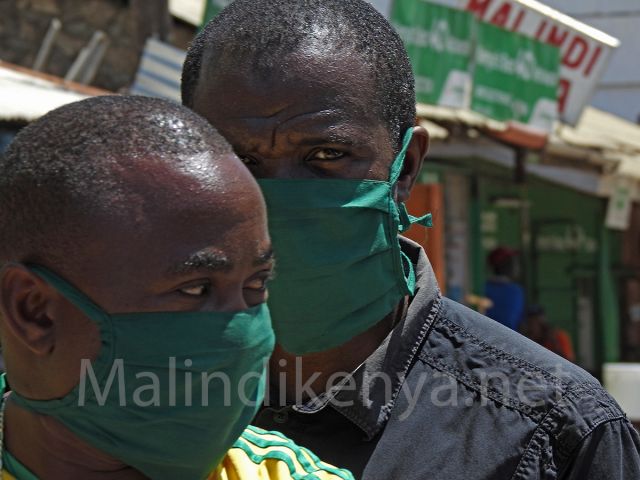
If it were an indipendent nation, instead of one of Kenya's counties, Kilifi would be one of the safest in the...
HEALTH
by redazione
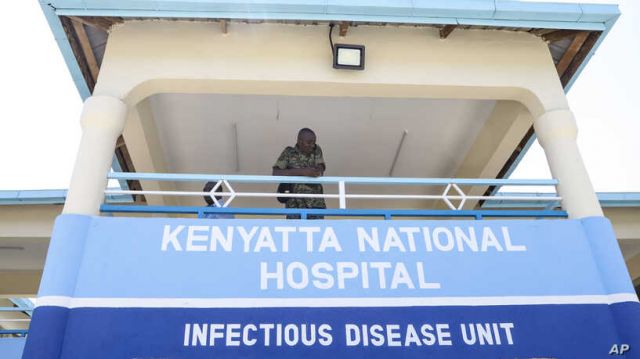
Second day in Kenya after the announcement of the first case of Coronavirus in the country, here are the main updates from malindikenya.net.
NEWS
by redazione
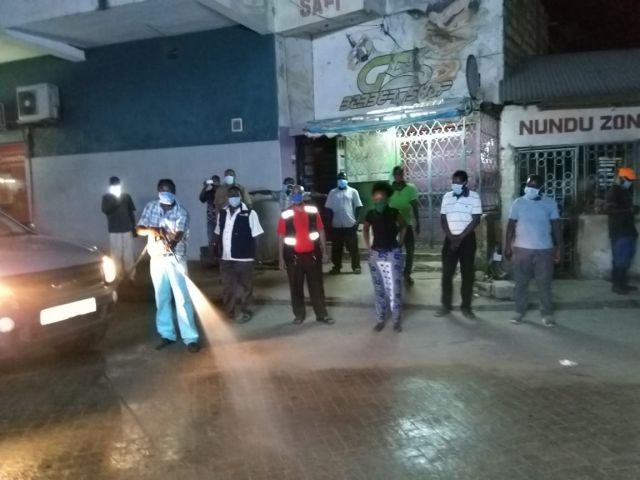
Malindi is increasingly united for the prevention of the Covid-19 world pandemic, which has also arrived...
NEWS
by redazione
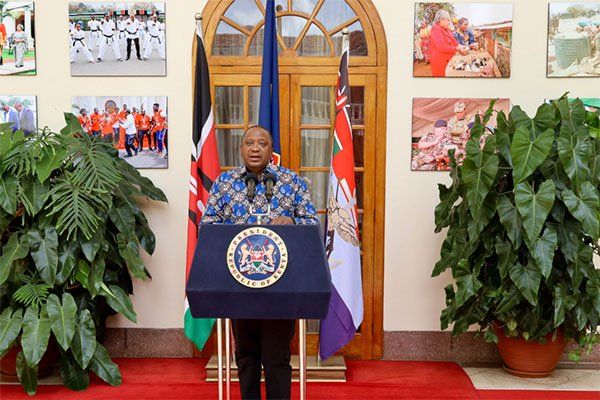
Kenya will decide what to do at the national level on 4 November after the resurgence ...